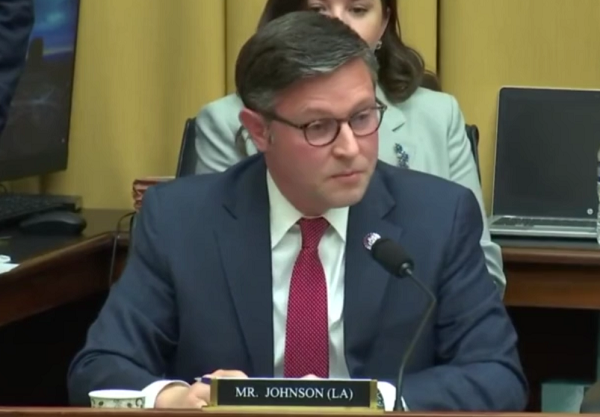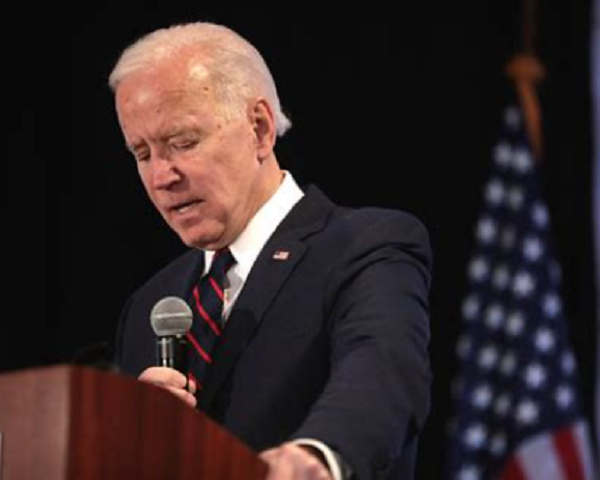House Democrats have once again made a significant move on Friday to prevent the obstruction of House Speaker Mike Johnson’s foreign aid proposal.
The increasing occurrence of bipartisanship in procedural votes, which are typically divided along party lines, is a result of the Republicans’ struggle with a slim majority and a dissenting faction on the right. In a display of unity, 165 Democrats joined forces with 151 Republicans to pass a “rule,” a procedural tool that sets the guidelines for legislative debates and voting.
“The bipartisanship was needed after 55 Republicans, mostly hardliners incensed about the $61 billion in Ukraine aid in the package, voted ‘no.’ The vote sets the stage for the bill to be passed early Saturday afternoon,” Axios reported.
“Republican hardliners have increasingly defected from Republican leadership and voted to keep rules from passing this session. Johnson, and former House Speaker Kevin McCarthy (R-Calif.), have been forced to occasionally seek out Democratic votes. Democrats previously voted last May to help advance a bill raising the debt ceiling after a similar right-wing revolt,” the outlet added.
Chip Roy of Texas, Ralph Norman of South Carolina, and Tom Massie of Kentucky, the committee’s staunch conservative Republicans, opposed the rule due to its lack of combining border security with foreign aid. However, the speaker plans to vote on a border bill he characterized as “aggressive” on Friday morning. Although it did not make it through the Rules Committee, the bill will now be brought to the House floor under a suspension of the rule, requiring the approval of two-thirds of members to pass.
“The three foreign aid bills would provide $26.4 billion to support Israel, $60.8 billion to bolster Ukraine, and $8.1 billion to counter China in the Indo-Pacific, including billions for Taiwan. The Israel measure also includes more than $9.1 billion to address Palestinian humanitarian needs, which Democrats said was necessary for their support,” CBS News reported.
“A fourth bill is geared toward addressing other GOP foreign policy priorities. In particular, it would allow the sale of frozen assets of Russian oligarchs to help fund future aid to Ukraine, potentially force the sale of TikTok, and authorize stricter sanctions on Russia, China, and Iran,” the outlet added.
There are significant divisions within the House Republican party due to foreign aid, with certain members on the extreme right considering removing Johnson as speaker because of their objections to additional funding for Ukraine. Johnson defended his decision on Wednesday, emphasizing the vital nature of providing lethal aid to Ukraine.
“If I operated out of fear over a motion to vacate, I would never be able to do my job,” Johnson told reporters.
“Look, history judges us fo r what we do,” he said, adding, “This is a critical time right now critical time on the world stage. I couled make a you know I can make a selfish decision and do something that that’s different. But I’m doing here what I believe to be the right thing.”
Colorado Republican Rep. Lauren Boebert predicted, “this could be the beginning of the end for the speaker.”







